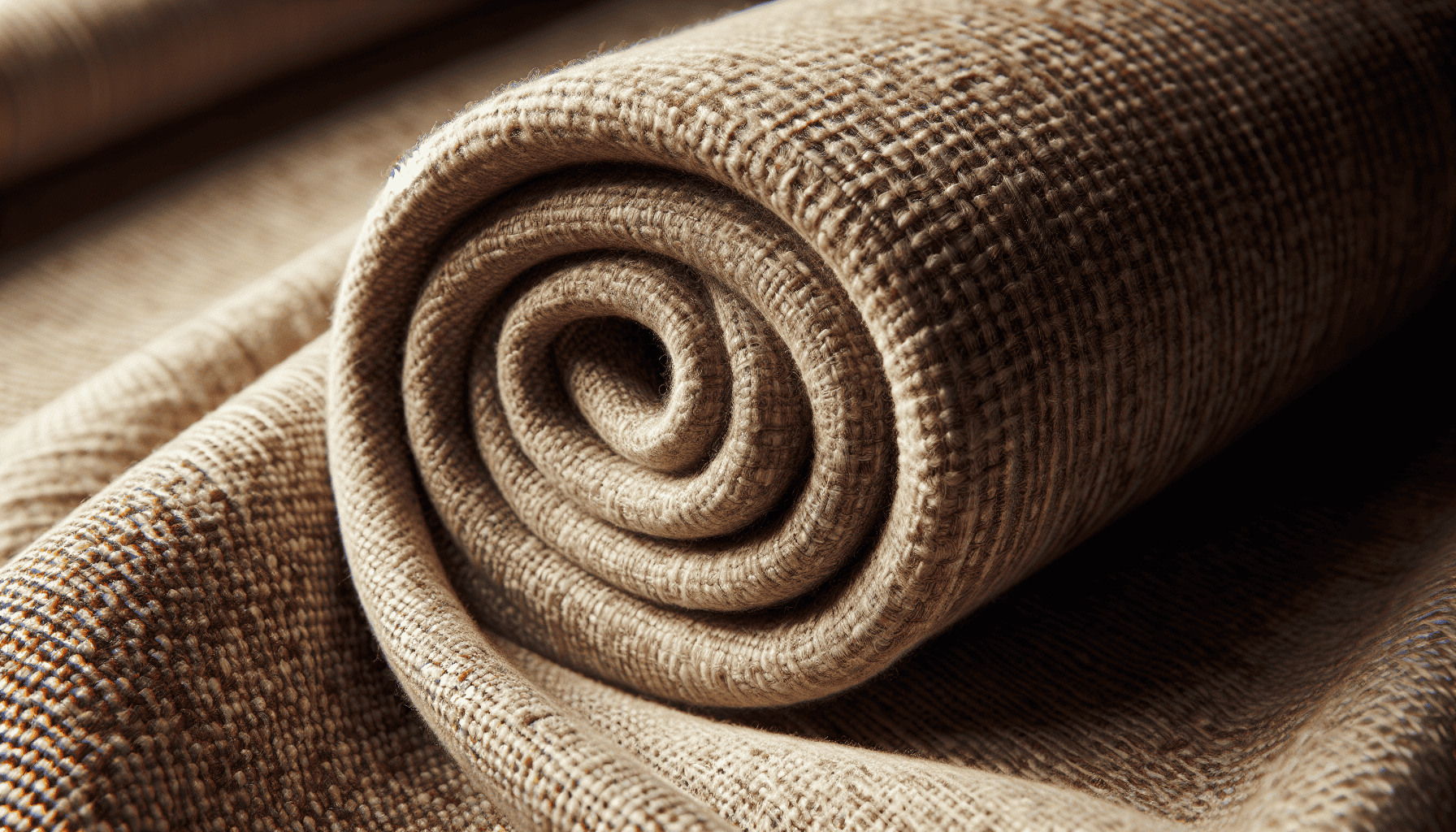In today's fast-paced world, where the fashion industry is continuously evolving, there's a growing awareness about the environmental impacts of our clothing choices. The call for sustainable fabrics is louder than ever as consumers and manufacturers alike seek to embrace more eco-friendly practices. These fabrics, crafted with a focus on sustainability, offer an elegant solution to the environmental challenges posed by traditional textile production.
Sustainability in the textile industry means more than just using less water or reducing emissions. It's about rethinking the entire lifecycle of a fabric—from how it's produced, to how it performs, to how it can be disposed of without harming the planet. Advanced research and innovation have paved the way for textiles that not only meet our aesthetic desires but also contribute significantly to environmental preservation.
One of the key players in this revolution is organic cotton. Unlike conventional cotton, organic cotton is grown without the use of harmful pesticides and synthetic fertilizers. This not only reduces environmental contamination but also ensures a healthier work environment for farmers. Organic cotton fabrics are soft, breathable, and just as versatile as their conventional counterparts, making them a popular choice for eco-conscious fashion enthusiasts.
Another standout material is Tencel, a branded lyocell and modal fiber known for its low environmental impact. Produced from sustainably sourced wood pulp, Tencel fibers are created using a closed-loop process, recycling water and solvents. The result is a fabric that is biodegradable, breathable, and has a soft, luxurious feel—a perfect example of sustainability meeting sophistication.
Hemp, a plant that grows rapidly and requires minimal water, is also making a comeback in sustainable fashion. Hemp fabric is incredibly durable, naturally resistant to UV light and mold, and even improves with age. Its earthy texture and ability to blend seamlessly with other fibers make it an exciting option for eco-friendly fashion designers seeking to create eye-catching, practical pieces.
Recycled fabrics are another significant advancement in sustainable fashion. By repurposing materials such as plastic bottles or fabric scraps, manufacturers can create textiles that reduce waste while maintaining high performance and aesthetic standards. Companies are producing chic, high-quality garments using recycled polyester and nylon, giving new life to materials that would otherwise contribute to landfill.
Beyond the choice of raw materials, sustainable fabrics often come with a commitment to ethical production practices. This includes ensuring fair wages, safe working conditions, and respecting the rights of workers throughout the supply chain. As consumers become more informed and concerned about the origins of their clothes, ethical production complements the use of sustainable materials, offering a holistic approach to eco-friendly fashion.
The shift towards sustainable fabrics is not just a trend but a necessity. As the fashion industry continues to grow, so does its responsibility toward environmental stewardship. By embracing these innovative textiles, we not only reduce our ecological footprint but inspire a culture of sustainability that aligns with elegance and practicality.
Consumers play a crucial role in this transformation. By opting for sustainable fabrics, they can drive demand for more responsible production practices. Whether through choosing clothes made of organic cotton, Tencel, hemp, or recycled materials, their purchasing power can influence brands to adopt more sustainable methods.
In conclusion, sustainable fabrics offer a remarkable blend of elegance, performance, and environmental responsibility. They are the future of fashion, providing solutions that address climate change while enhancing our sartorial experiences. Embracing these eco-friendly materials is not merely a choice but a commitment to a more sustainable, stylish world.
